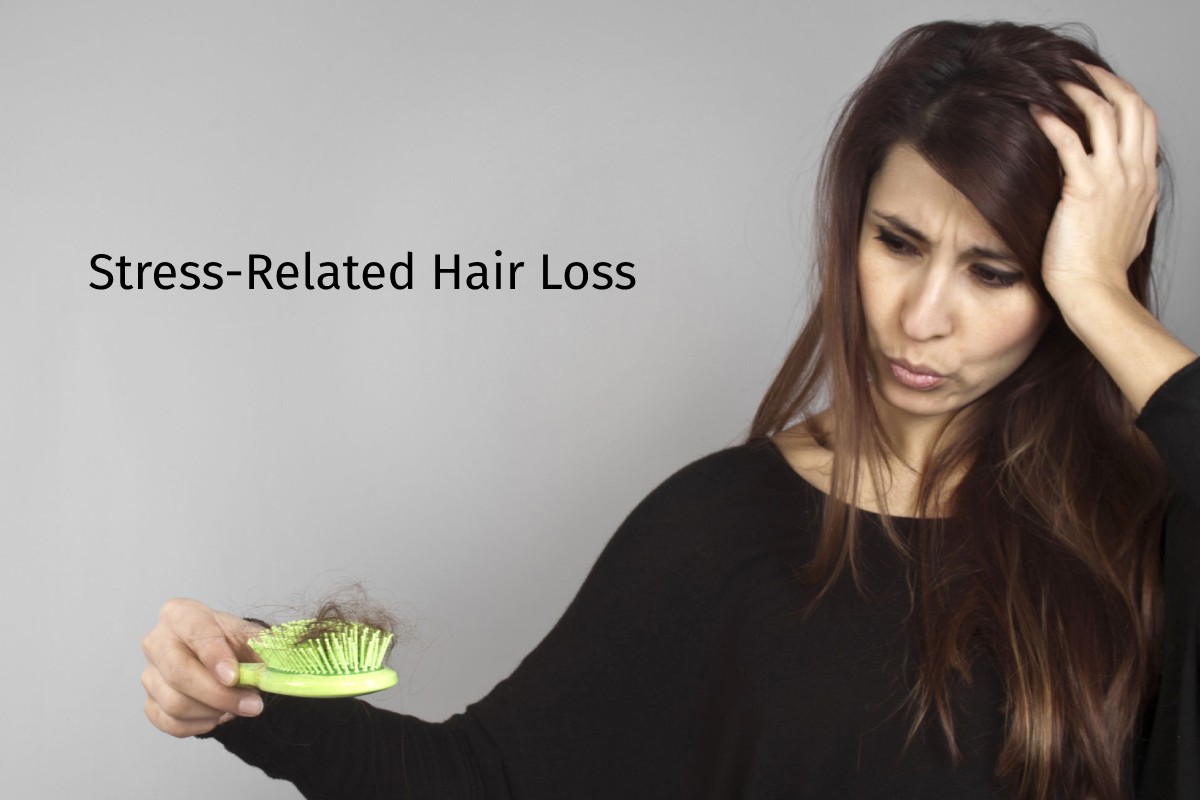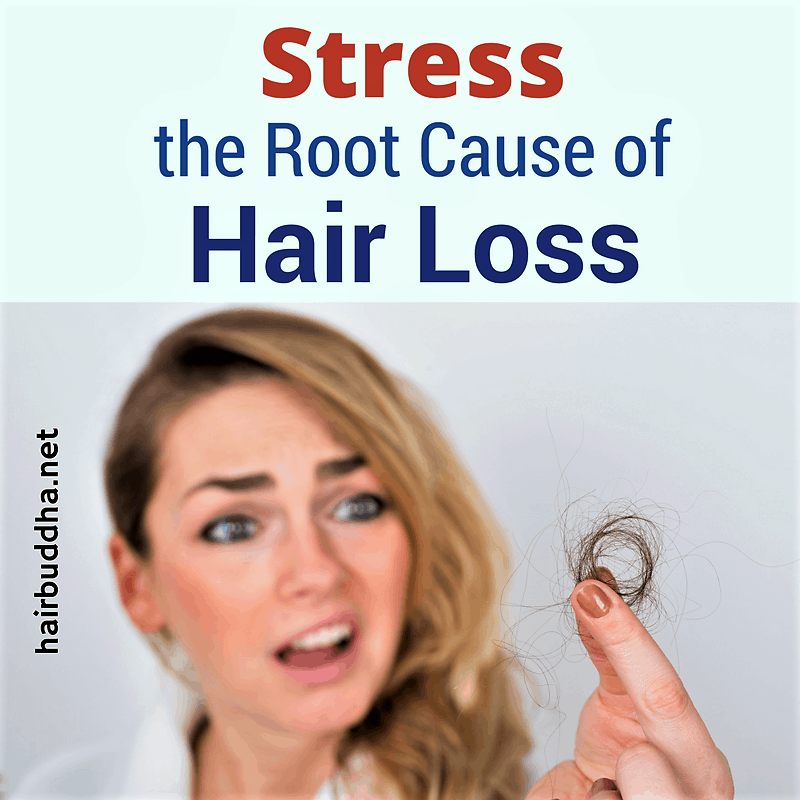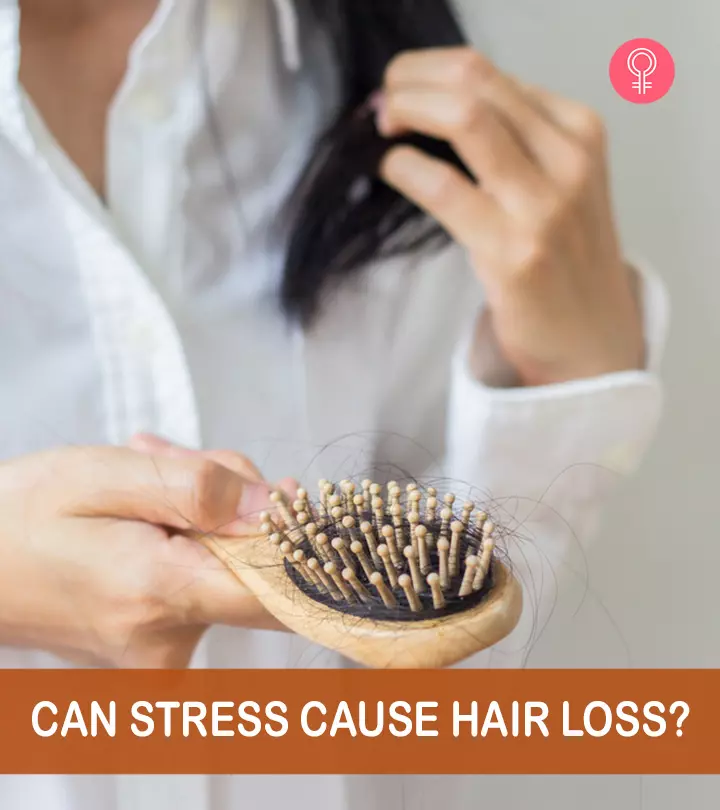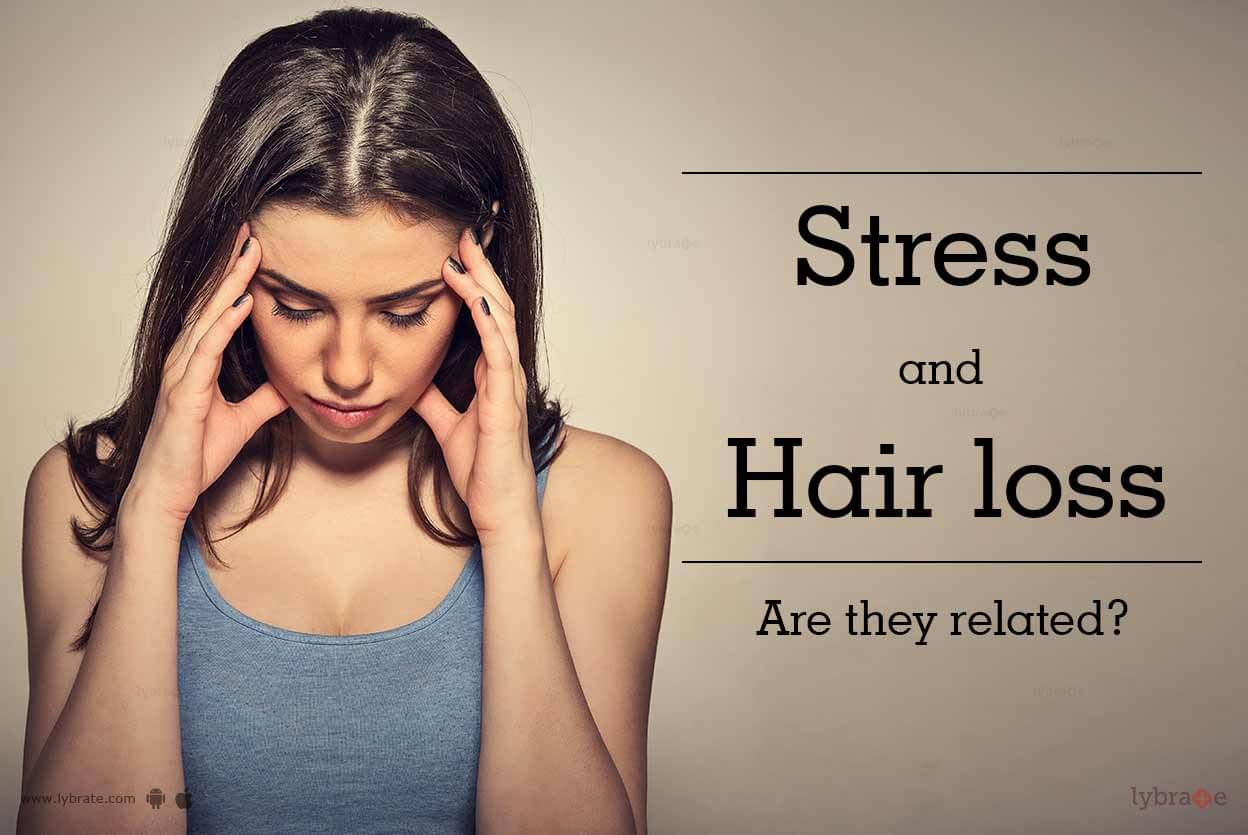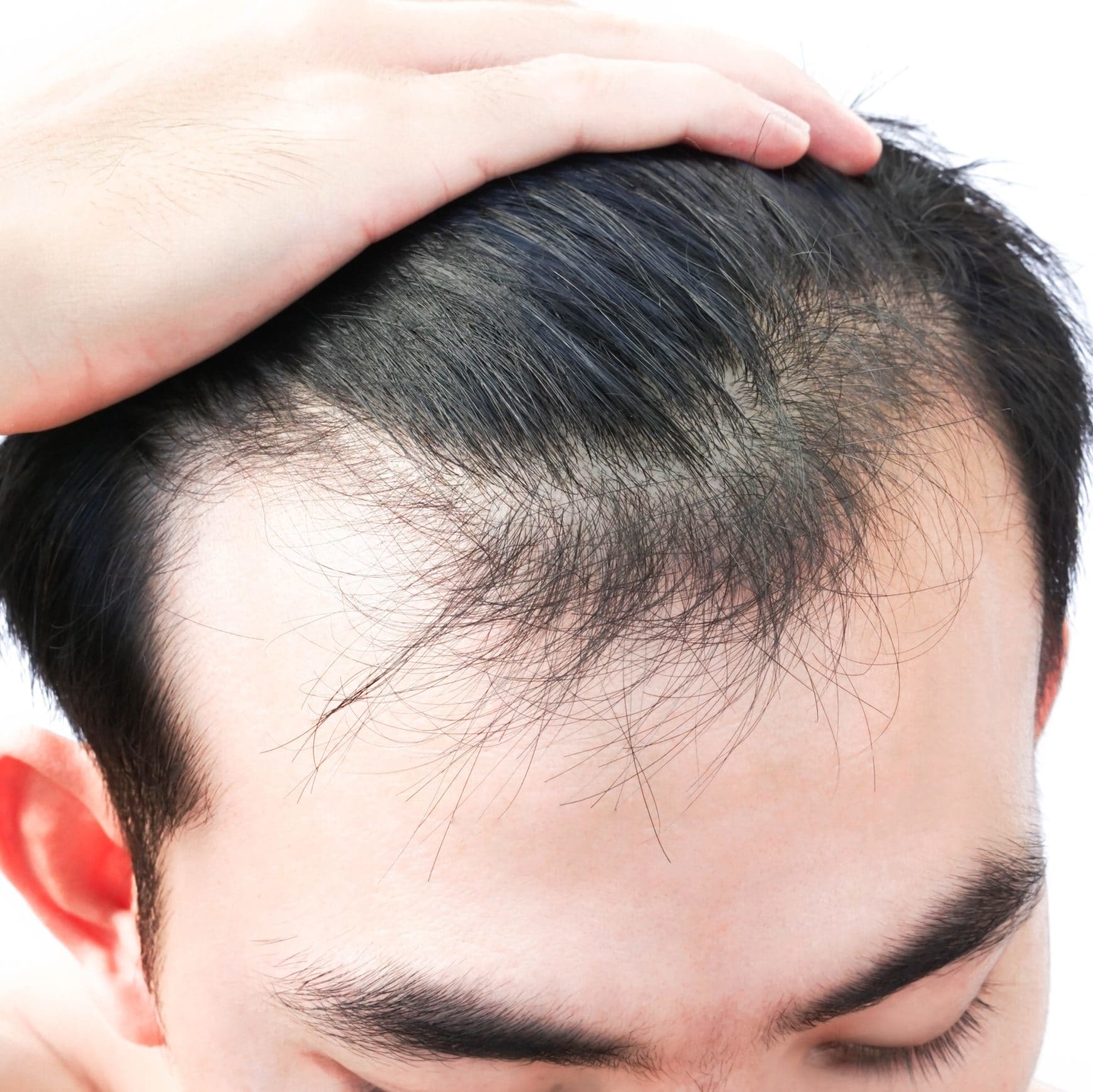Is Stress Related Hair Loss Reversible
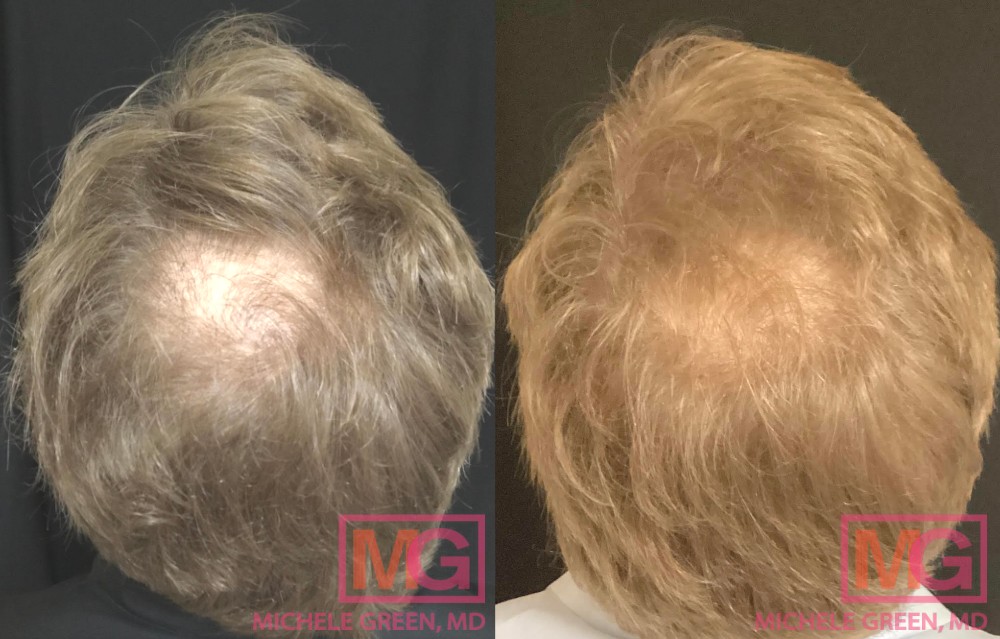
Imagine running your fingers through your hair, only to find more strands clinging to your hand than usual. A knot of anxiety tightens in your stomach. Is it just a bad day, or is something more serious happening? The reflection in the mirror seems to mock you with its subtle, yet undeniable, revelation: thinning hair.
The good news is that, in many cases, stress-related hair loss is indeed reversible. However, understanding the connection between stress and hair health, recognizing the signs, and taking proactive steps are crucial for regaining a fuller, healthier head of hair. This article will explore the link between stress and hair loss, offering insights and practical advice to help you navigate this challenging experience.
The Stress-Hair Loss Connection: A Complex Relationship
Stress, both physical and emotional, can wreak havoc on our bodies, and our hair is no exception. Telogen effluvium, a common type of stress-related hair loss, occurs when significant stress pushes a large number of hair follicles into the telogen (resting) phase of the hair growth cycle. Consequently, instead of growing, these hairs become brittle and eventually fall out, usually a few months after the stressful event.
According to the American Academy of Dermatology Association, other types of hair loss, such as alopecia areata, an autoimmune disorder, can be triggered or worsened by stress. The exact mechanisms are complex, involving hormonal imbalances, inflammation, and disruptions to the hair follicle's normal function.
Recognizing the Signs
The most obvious sign of stress-related hair loss is, of course, increased shedding. You might notice more hair in your brush, shower drain, or on your pillow. Hair might also appear thinner overall, especially at the temples or along the part.
Unlike some other forms of hair loss, telogen effluvium usually doesn't cause complete baldness. Instead, it leads to a diffuse thinning that can be quite distressing. Consulting a dermatologist is crucial for accurate diagnosis and personalized recommendations.
Reversing the Effects: A Holistic Approach
The cornerstone of reversing stress-related hair loss lies in addressing the root cause: the stress itself. This often requires a multi-faceted approach that incorporates lifestyle changes, stress-reduction techniques, and, in some cases, medical interventions.
Prioritizing self-care is paramount. This includes getting enough sleep, eating a balanced diet rich in vitamins and minerals (especially iron, zinc, and biotin), and engaging in regular physical activity.
Stress-reduction techniques such as meditation, yoga, deep breathing exercises, and mindfulness can significantly lower stress hormones and promote relaxation. Finding activities that bring you joy and help you unwind is also essential.
In some cases, professional help might be necessary. Talking to a therapist or counselor can provide valuable tools for managing stress and developing healthy coping mechanisms. Your doctor might also recommend specific treatments, such as minoxidil (Rogaine), to stimulate hair growth.
Patience is Key
It's important to remember that hair growth is a slow process. It can take several months to see noticeable improvements after addressing the underlying stress and implementing lifestyle changes. Patience and consistency are vital.
While waiting, there are several ways to make your hair appear fuller. These include using volumizing shampoos and conditioners, avoiding harsh styling products and heat, and experimenting with different hairstyles that add volume.
Hair loss can be a deeply personal and emotional experience, but it's crucial to remember that you're not alone. Many people experience stress-related hair loss, and with the right approach, it is often reversible.
Take a deep breath, focus on reducing your stress levels, and nourish your body and mind. With time and dedication, you can regain not only a fuller head of hair but also a greater sense of well-being. Remember, seeking support from professionals and loved ones can make this journey less daunting and more hopeful.




